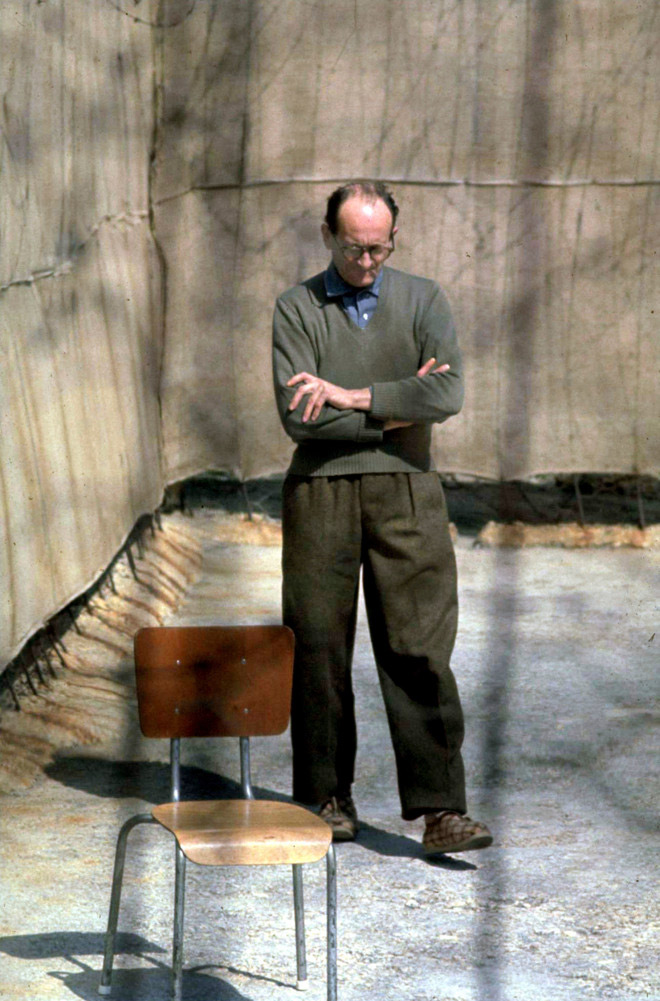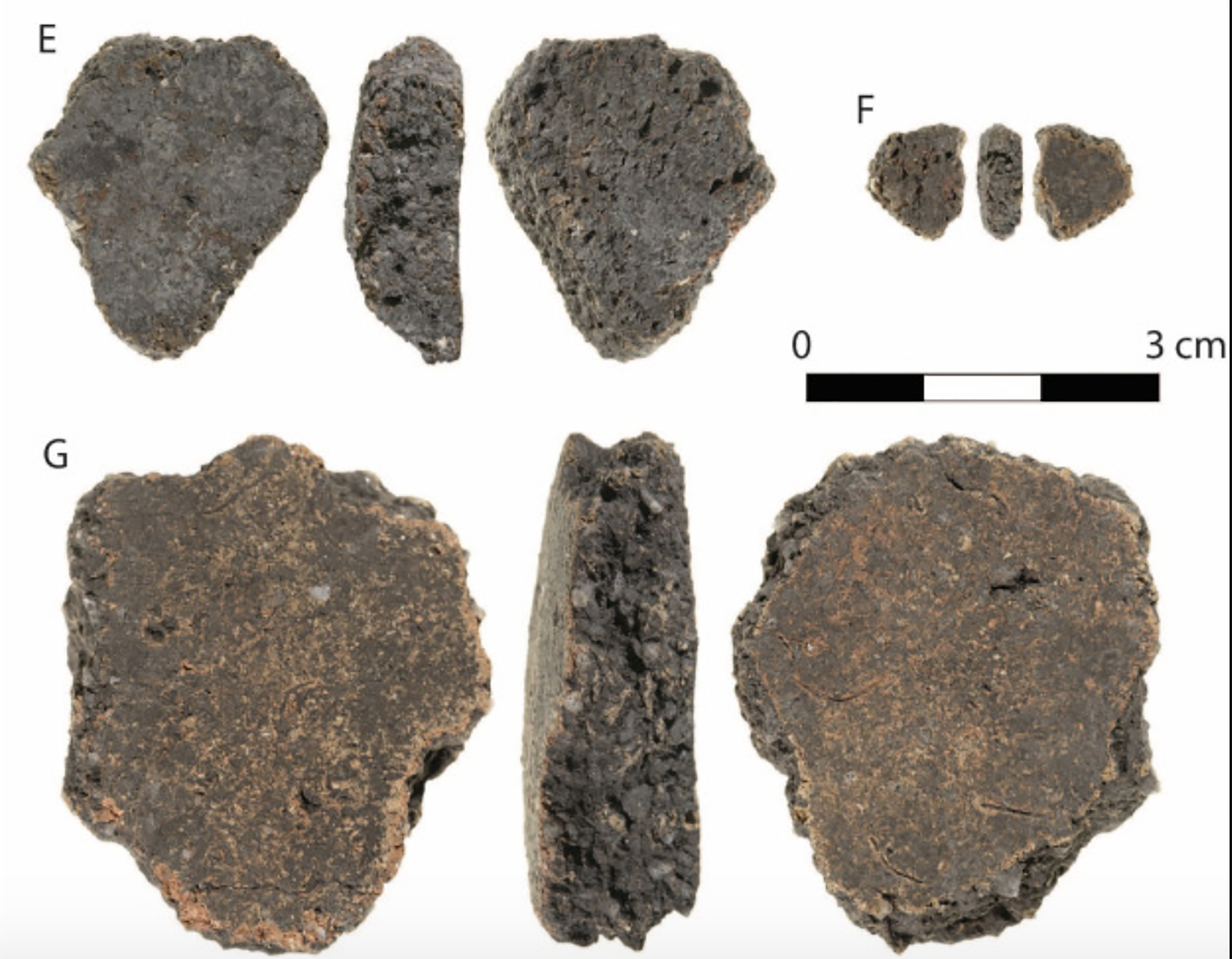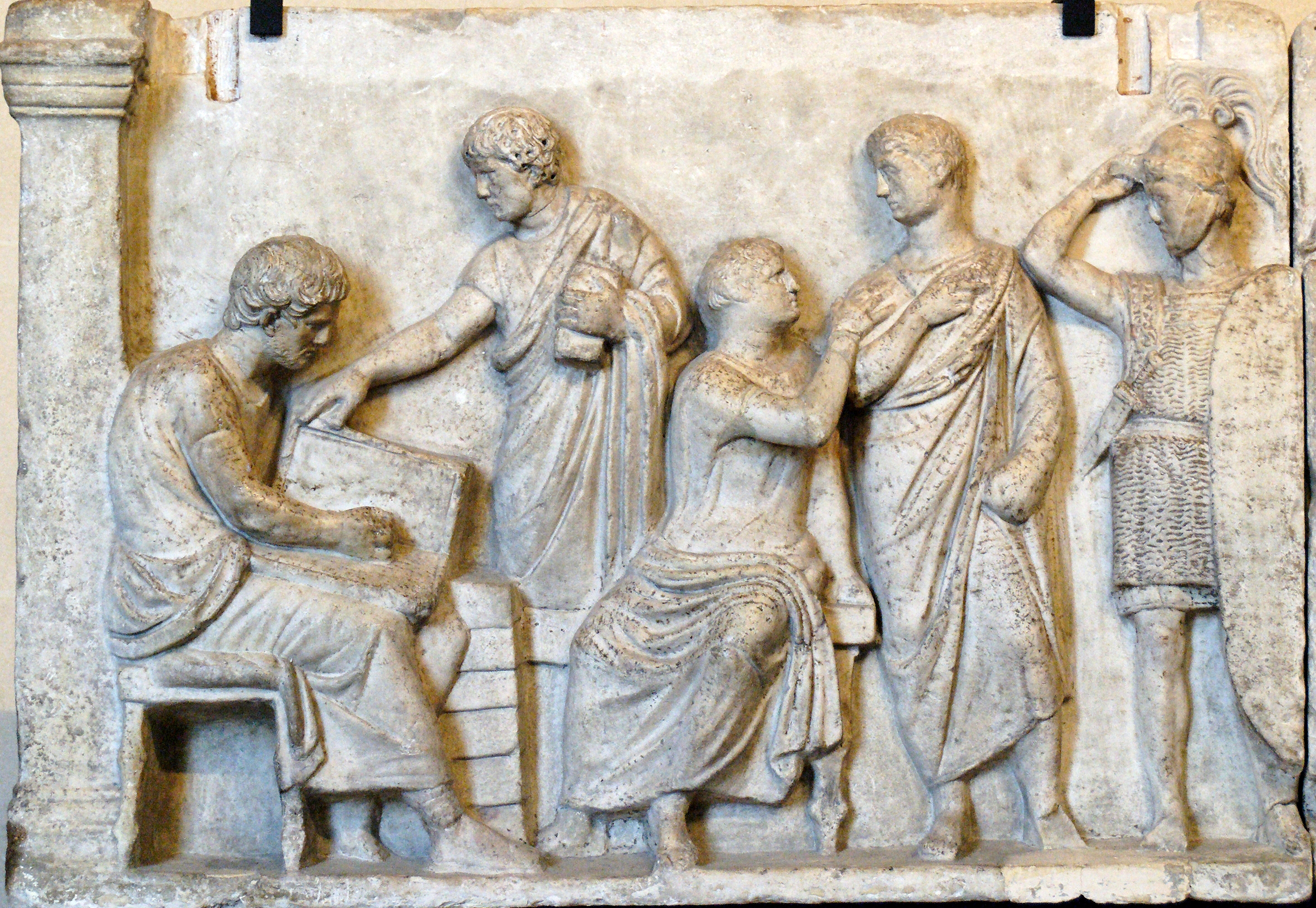Adolf Eichmann: the naïve
- This year marks 60 years since the publication of Hannah Arendt in Eichmann Jerusalem. One more year, Nazi official Adolf Eichmann, "logistical manager" of the Holocaust, was hanged in Israel. Arendt followed Eichmann's judgment in New Yorker and published the book collecting these chronicles and retrieving other notes. It sparked controversy: Although he did not deny the guilt of Eichmann, Arendt described as a normal and unconscious man, so obedient to orders, that good or evil did not matter at all. To describe Eichmann, Arendt created such a well-known term in the lessons of philosophy: the insignificance of evil. Although we already had the option to read the book in Basque, the editorial Katakrak, on the occasion of the anniversary, has republished the adapted translation. In the round table between philosophers and political scientists, we will try to analyze how concepts such as the infertility of evil, such as obedience and disobedience, are reproduced today. But before a little bit of context.

The judgment was handed down on 15 December 1961, after 114 judicial attempts. Read by the court president Moshe Landau:
"To punish the defendant and avoid people's concerns, we must impose the heaviest penalty on the defendant. As we described in this sentence, he has participated in crimes of unparalleled horror. The aim of these crimes has been the Jewish people, the disappearance of the Jews from this world. For this reason, we must differentiate these actions from individual crimes and qualify them as serious actions against humanity. And it's been an activity against a group of people, just because they belong to that human group. (...) Therefore, despite all the above, this court condemns Adolf Eichmann to death for crimes against the Jewish people, crimes against humanity and war crimes."
Despite the sentence he condemned to hang, Eichmann did not alter his speech too much. The last judicial intervention was:
"I have listened carefully to the court's strict judgment. I am wrong in my expectations of justice. I cannot accept the guilty plea. I understand the spatial demand for crimes against the Jewish people. Witness statements in this trial have calmed my legs, as I was vibrated when I had to go to those facts by force majeure. The disgrace of my life has been to be wrapped up in these barbarities, but those fertilizations did not occur according to my wishes. I didn't want to kill people. Mass murder is the sole responsibility of political leaders. (...) I'm not the monster you believe. I'm convinced I have to pay here for others."
Adolf Eichmann: "I'm not the monster you believe. I'm convinced I have to pay for others."
Eichmann appealed the sentence and the prison lasted six months. It did not change anything. Thus, on 1 June 1961, Eichmann was hanged in the prison yard. His body was incinerated and the ashes were deposited in the Mediterranean. It was the first death penalty imposed by Israel.

[Who was Adolf Eichmann?] Read more details]
When
the controversial arrest ceased in the Second World War, Eichmann flees and the people who wanted to apply the justice that he thought had disappeared or died, especially the Israeli Government, until in 1959 the Israeli intelligence agency Mossad found in Argentina. During that decade he remained under the name of Ricardo Klement and worked as a woodcutter and other trades. A few months before Israel detected, the well-known German company Mercedes-Benz named manager of the Buenos Aires factory, but it was not surprising, although the company was monitored for years for its connection with Nazism. Eichmann had as his neighbour a German Jew, Lothar Hermann, a former member of the Communist Party, who was tortured in Nazi Germany almost to death. He was blind forever. Eichmann's son and Hermann's daughter played together in the neighborhood and Mr. Hermann came to suspect something about his daughter's affairs. He communicated it to the Government of Israel. The secret service of Mossad arrived to stop the former Nazi general.
At the express request of the Israeli Prime Minister, David Ben-Gurion, Mossad made special planning to arrest Eichmann, for fear of the Argentine Government, if he would not deny the extradition permits, which in some cases happened earlier. The operation was done in secret. Eichmann was captured irregularly and kidnapped in an apartment, torture and interrogation, while the Argentine government expected an Israeli plane to land in Buenos Aires. It took them a week to get permission. Having done this, without communicating anything to the Argentine Government, Eichmann was taken to the plane as a normal citizen dressed as a mechanic, totally drugged and with a fake passport. They told agents that they were drunk.
Israel detained Eichmann illegally, kidnapped him, subjected him to torture and brought him to Israel, without warning Argentina
There was a serious diplomatic crisis. Argentina denounced that its sovereignty had been violated, kidnapped and held back by its citizens, and that international law did not allow it. The United Nations brought its support to Argentina, and so, in fact, Israel had to return to Eichmann, but never did. Argentina asked the UN to act harder, but in vain. It was later discovered that Israel paid Argentina a “significant amount” so that they would not mix.
The trial against Eichmann
attracted international attention to some of the trial's keys and its information monitoring was very important considering the technologies of the time. One of these correspondents was the philosopher Hannah Arendt, German born, Jewish religion, living in the United States, fleeing Nazism. He introduced himself to New Yorker magazine as a chronicler to go to Jerusalem, to track Jewish life. By then Arendt was already famous, as a few years earlier he published the book Totalitarianism, a book with a deep theoretical foundation in Nazism.
It was the first time that the newborn Israeli state judged a Nazi at the height of Eichmann and the expectation was enormous. The preparatory work lasted months. Moshe Landau, presided over by the judge, had judges Benjamin Halevy and Yitzhak Raveh on both sides. The three were Germans of birth, but they always spoke of Hebrew. Eichmann was perfectly understood, and an example of that, that his translator was not allowed to finish the sentences, because they did not actually need the translator. He was even corrected sometimes, thinking that the translated was not as accurate and correct.

The expectations of the trial were so high that Arendt perfectly understood that the Israeli Government intended to punish Nazism and the Holocaust itself more than to judge Eichmann’s action. Ben-Gurion wanted those who would not be heard in Nurenberg's trials against the Nazi leaders, and somehow wanted to face that huge massacre of millions of Jews and give voice to the victims. Expectations were high, yes, because the new State that was set up in Palestinian lands wanted that judgment to be made seriously, and that successful materialization would justify the existence of Israel. In Arendt’s words, the Prime Minister was the “invisible scene director” of the trial, without appearing in one session, speaking of the voice of Attorney General Gideon Hausner. However, the judge general did his best to escape him.
To conduct a successful trial that would allow Israel to justify its existence to the new state that was set up in Palestinian lands
Arendt's reading
acted as Against the Wind. Among other things, he strongly criticized the intention of Prime Minister Ben-Gurion and pointed to the bourgeois Jews who, in order to save their ass, were killed by Nazism through information from the high-class Jews. If they were not organized, or if they could not know where the Jewish groups lived, they would hardly have existed so much, Arendt says in the book. Of course, then he heard the immense and the two, and he lost some close friends philosophers.

On the other hand, the term "discomfort of evil" was uncomfortably used by society. Maybe that's why, like Ben-Gurion, it was easier to define Eichmann as cruel and not turn him around. Falsehood, lack of consciousness of a person, who is to blame? These kinds of questions, which could arise from that Arendt reading, and which emerged, preferred to remain silent and think less.
These are the last words of Arendt before the epilogue, since Eichmann led her to hang her:
“I don’t need it,” said [Eichmann] when they offered him the black capusai. He owned himself and more: he was like he was. Nothing could better prove this than the smiling chuckles of the last words: (...) “After a short time, gentlemen, we will all meet again. That's the fate of all men. Long live Germany! Long live Argentina! Long live Austria! I will never forget them.” Upon death, he discovered the cliche used in the funeral oratory. In Urkamendi, the memory made him the last bad move; he felt a “vote” and he forgot that it was his funeral. In a way, it seemed that in the last few minutes Eichmann summarized the lesson that shows us the long road he went through in human barbarity: the lesson of the terrible banality of evil that cuts the word and thought.
[Larrun follows: In our eagerness to bring today terms such as 'the insignificance of evil', we have created a round table with experts and have an interesting opinion article by Hedoi Etxarte]
Els membres de la Universitat James Cook i del Consell de Recerca d'Austràlia han descobert fragments de ceràmica de fa 2.000-3.000 anys a l'illa de Jiigurru, en el nord-oest d'Austràlia. Són les restes ceràmiques més antigues descoberts fins ara a Austràlia. L'estudi... [+]
Roma, a. C. 443. Per primera vegada es van triar censors. Dos segles després seria la magistratura més important de la República. Cada cinc anys elegien dos censors entre senadors consulars.
Es tractava d'un càrrec de gran responsabilitat: s'encarregaven principalment del... [+]
El cronista Teofanes Declarant va recollir que l'hivern 763-764 va ser un dels més freds de la història. La neu i el gel van ocupar la capital bizantina i també van veure un iceberg en Bosforón.
Fins ara s'ha considerat que el refredament climàtic es deu, entre altres... [+]
Toledo, 1272-1280. Alfons X de Castella va reunir 427 cançons monòdiques dedicades a la Verge. Les Cantigues de Santa María constitueixen una de les col·leccions musicals i literàries més importants de l'Edat mitjana, però en estar decorades amb la cantiga en miniatura,... [+]














